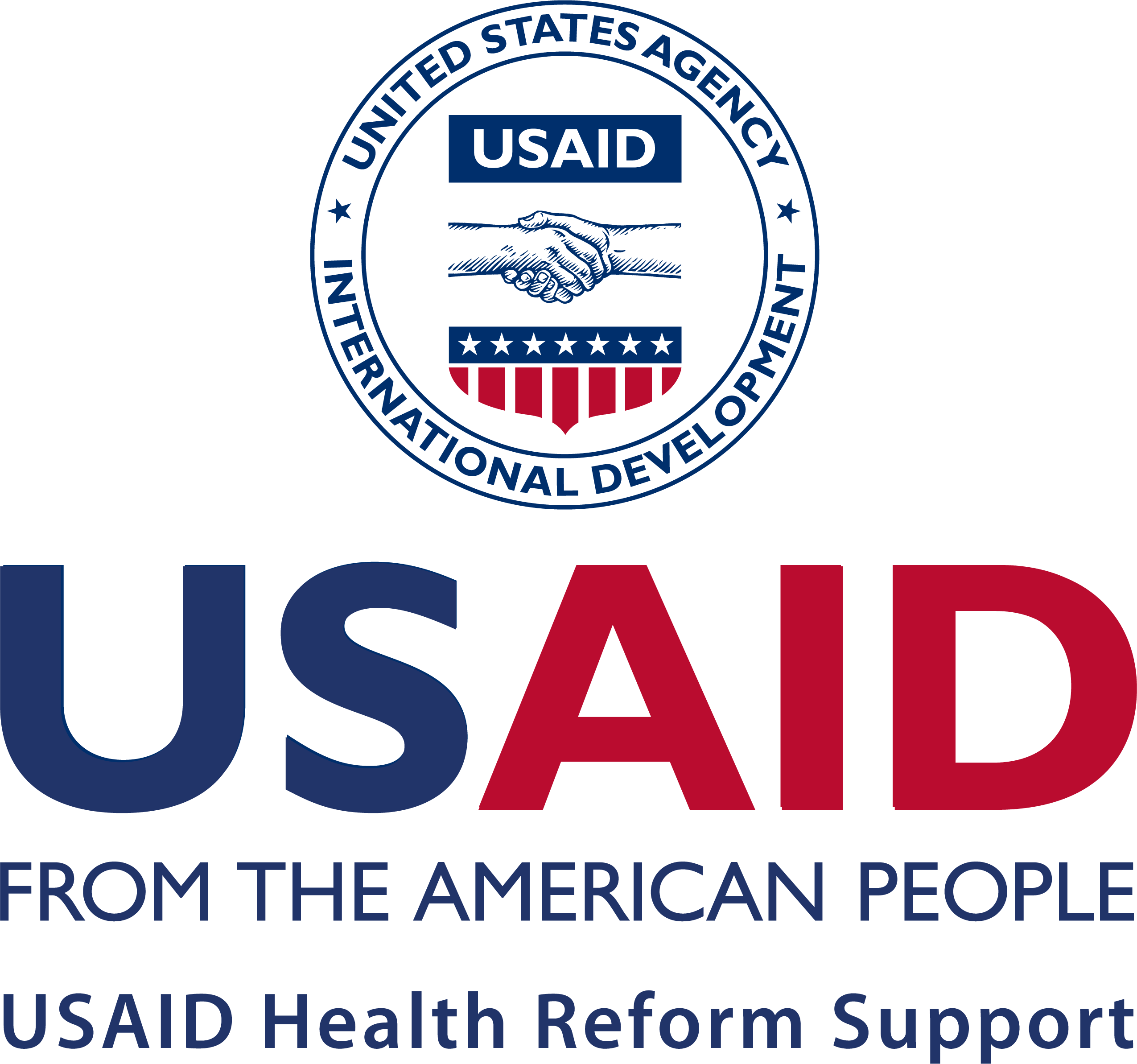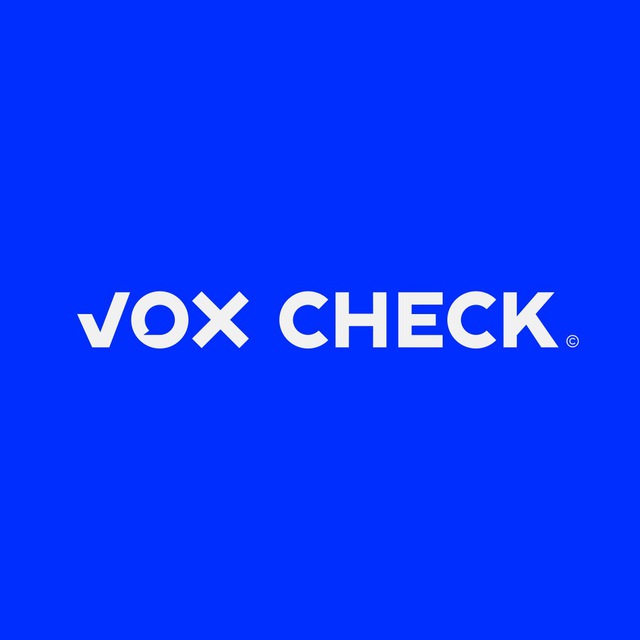The war has both direct and indirect impacts on Ukrainians. For example, it is expected that strokes will occur at a younger age by 10-15 years. Diagnosis, treatment, and rehabilitation after a stroke in Ukraine are completely free. However, some medical institutions continue to demand payment for these services.
According to the Ministry of Health, in 2023, the number of strokes in Ukraine increased by 16%. It is expected that due to the war, strokes will occur at a younger age by 10-15 years. Currently, there are 226 hospitals in the country that provide free medical assistance for strokes under the Medical Guarantees Program and receive funds from the state for this. However, despite the fact that diagnosis, treatment, and rehabilitation after a stroke in Ukraine are completely free, some medical institutions continue to demand payment for these services.
VoxCheck, with the support of the USAID Health Reform Support project, continues to explain to patients how the state Medical Guarantees Program works, which medical services are free for Ukrainians under the program, and what to do if your rights are violated during the provision of this medical assistance. This time, we are analyzing a complaint within the “Acute stroke” service package.
“Acute stroke”
A stroke is an acute disruption of cerebral blood flow, resulting in damage to a part of the brain. This condition requires rapid and qualified intervention, so this service is provided only by hospitals capable of operating around the clock and equipped with CT scan or MRT for examination, as well as medical personnel of the appropriate qualifications.
Therefore, the first thing to do when suspecting a stroke is to immediately call emergency services at 103 and accurately describe the symptoms and condition of the person in need of assistance. A person suspected of having an acute stroke should be transported directly to a medical institution that has a contract with the National Health Service of Ukraine to provide stroke treatment services.
What is included in the “Acute Stroke” service package?
- Initial examination. Assessment of stroke severity;
- Urgent neurovisualization — CT scan or MRT;
- Laboratory tests (clinical and biochemical blood analysis, coagulation hemostasis, etc.);
- Instrumental studies (CT, MRT, ECG, ultrasound, etc.);
- Systemic thrombolytic therapy (for ischemic stroke);
- If necessary, patient transportation to a hospital capable of performing endovascular neurointerventional procedures or neurosurgical interventions;
- Timely pain relief at all stages of diagnosis and treatment;
- Dynamic monitoring of swallowing function;
- Consultations with other physicians;
- Medical observation and nursing care;
- Rehabilitation assistance in the acute rehabilitation period;
- Medications from the National List of Essential Medicines, necessary medical products, and supplies;
- Hospital nutrition.
However, sometimes the system malfunctions. For example, patients who received treatment under the “Acute Stroke” service package at the Municipal Non-Profit Enterprise “Kovel District Territorial Medical Association of the Kovel City Council of Volyn Region” contacted the National Health Service of Ukraine. They claimed that they were allegedly charged for medical services, consumables, and medications that were actually covered by the Medical Guarantees Program. Thanks to the complaint, the funds were successfully refunded.
Why is it important to expose such cases?
“Medical care for stroke is free for patients, including all necessary medications and examinations. This is a priority medical service, and the National Health Service of Ukraine pays for it at an increased rate for each treated patient,” emphasizes the Head of the National Health Service of Ukraine, Nataliia Husak.
According to her, in 2023, the National Health Service of Ukraine paid over 2.3 billion UAH to medical institutions for providing medical care for acute stroke.
If a medical institution that has a contract with the National Health Service of Ukraine demands that a patient buy medications or pay for services covered by the Medical Guarantees Program, it is a violation. In such a case, the patient or their authorized representative can file a complaint with the National Health Service of Ukraine.
“If patients encounter difficulties in receiving medical services, they or their relatives can file a complaint with the National Health Service of Ukraine regarding the institution. The National Health Service reviews each complaint and directly contacts the hospital. Most often, citizens complain about demands for payment for treatment — 70% of the documented cases. Therefore, this year, it is planned to conduct documentary monitoring in certain institutions providing stroke treatment services,” she noted.
In response to VoxCheck’s inquiry to the Kovel City District Territorial Medical Association, the hospital reported that the patient had received qualified medical care in full accordance with the Medical Guarantees Program under the hospital’s contract with the National Health Service of Ukraine.
“No funds for treatment were received by the Kovel City District Territorial Medical Association,” they specify in their comment.
The medical institution asserts that the patient made a charitable donation to a charity organization rather than paying for services to the hospital. These funds were returned.
Additionally, the medical facility adds that “the administration of the Kovel City District Territorial Medical Association consistently conducts explanatory work with medical personnel to prevent violations of patients’ rights when providing medical services under the Medical Guarantees Program.”
What to do if you discover a violation?
Anyone can find themselves in a similar situation. Therefore, it is worth having a procedure: how to act.
First, it is advisable to clarify the situation with the head or founder of the hospital. If such communication does not yield results, file a complaint with the National Health Service of Ukraine.
How and where to file a complaint:
- Fill out the electronic form on the National Health Service of Ukraine website.
- Call the National Health Service of Ukraine contact center at 16-77.
- Send an email to info@nszu.gov.ua or a letter by regular mail to the address: 19 Stepan Bandera Avenue, Kyiv, 04073.
- Submit a complaint in person during reception.
The complaint should include:
- Surname, first name, and patronymic of the patient, date of birth (in the format day, month, year). In the case of writing a complaint on behalf of a third party, documents confirming the right to represent the interests of another person must be provided.
- Detailed description of the situation, date of the event.
- Name of the hospital, if possible — the EDRPOU code.
- Position, surname, first name, and patronymic of the person who demanded payment for medical services, drugs, or other materials, or refused to provide the service.
- Amount of money spent or demanded. If available — copies of receipts.
- Contact information: mobile or landline phone number, email address, postal address.
Calling the National Health Service of Ukraine contact center or filing a complaint is not a formality. National Health Service of Ukraine responds to every request. After all, in this way patients help improve the healthcare system.
All complaints are reviewed by the Patient Complaints Department of the National Health Service of Ukraine. The review period for a complaint is 30 business days (in accordance with the Law of Ukraine “On Citizens’ Appeals”).
Upon receiving a complaint, the experts of the department send a request to the healthcare institution to obtain clarifications and inform the complainant. If the institution acknowledges its mistake, it restores the patient’s rights (returns the money or provides free treatment). After this, the National Health Service of Ukraine is informed, and the National Health Service informs the patient. If the hospital denies the violation, the National Health Service of Ukraine has the right to transfer the case to law enforcement agencies.
There is no need to be afraid to complain. Each case of patient rights violation has its own peculiarities and is considered individually. The main thing is that in case of violation of their rights and demands for payment for medical services that have already been paid for by the state, patients should not remain silent. By doing so, they contribute to reducing informal payments. And thanks to the joint actions of citizens and the National Health Service of Ukraine, the healthcare system becomes more transparent.
This information piece was produced with the assistance of the United States Agency for International Development (USAID), provided on behalf of the people of the United States of America. This article’s content, which does not necessarily reflect the views of USAID, the United States Government, is the sole responsibility of Deloitte Consulting under contract #72012118C00001.
Attention
The authors do not work for, consult to, own shares in or receive funding from any company or organization that would benefit from this article, and have no relevant affiliations


